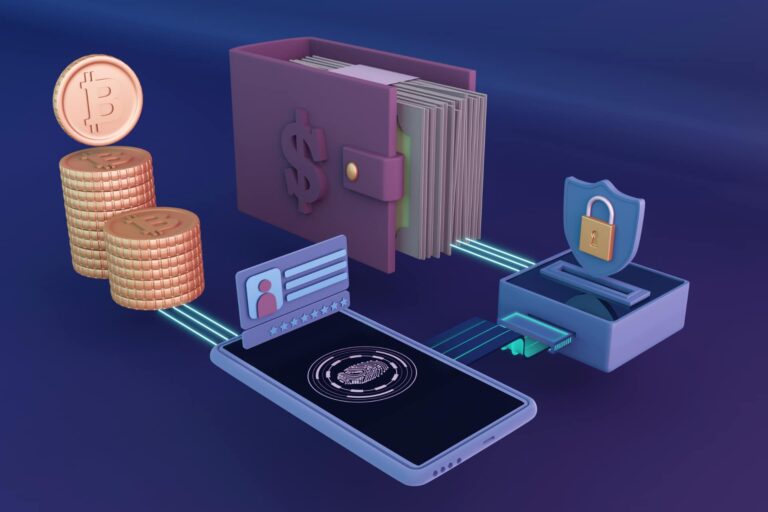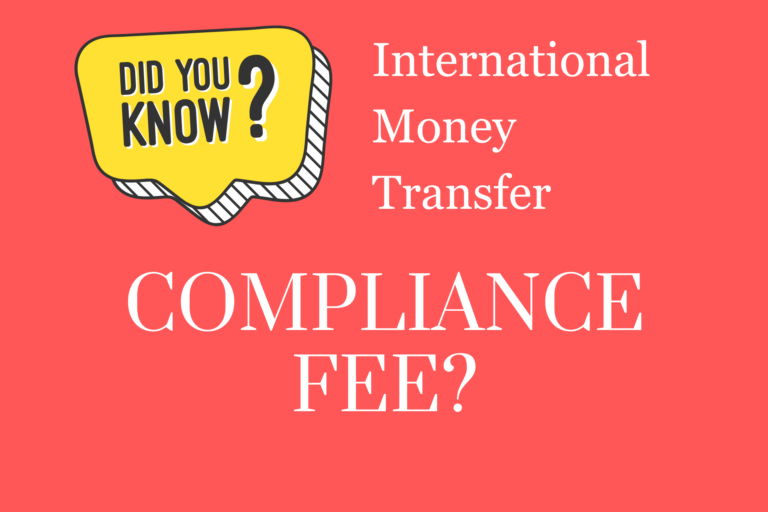How MSBs Can Thrive by Embracing B2B Markets and Advanced Technologies

A question, or rather a series of questions, that I frequently encounter is what should money services businesses or MTOs (money transfer operators), particularly those in the personal remittances space, do to increase their business and profitability in these challenging…









